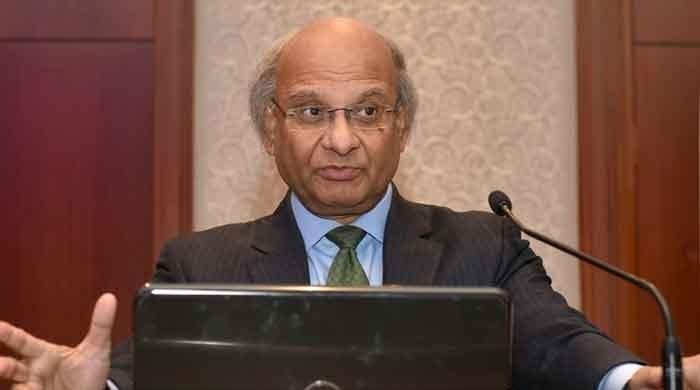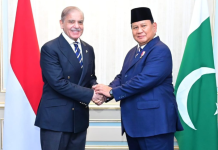Islamabad – Dr. Ashfaque Hassan Khan, Director General of the National Institute of Pakistan Studies (NIPS), delivered a compelling critique of Pakistan’s National Finance Commission (NFC) system at the Islamabad Policy Research Institute (IPRI), arguing that the current formula is “highly politicized” and in dire need of restructuring for the “larger national interest.”
Speaking at IPRI’s Distinguished Lecture Series, Dr. Khan emphasized that Pakistan’s overreliance on population-based revenue distribution has led to severe inter-provincial disparities, exacerbating underdevelopment and governance challenges.
Key Concerns Highlighted by Dr. Ashfaque Hassan Khan
1. Flawed and Politicized NFC Formula
- The current NFC Award, last revised in 2009, remains stagnant due to political deadlock.
- Population (82%) dominates the distribution criteria, ignoring critical factors like backwardness, revenue effort, and human development.
- Provinces depend 80-90% on federal transfers, stifling fiscal autonomy and accountability.
2. Historical Mismanagement & Inequitable Distribution
- The First NFC Award (1951) prioritized GNP performance and tax collection, not population.
- The Seventh Award (2009) allocates:
- Punjab (51.7%)
- Sindh (24.5%)
- Khyber-Pakhtunkhwa (14.6%)
- Balochistan (9.09%)
- Delayed census (17-year gap) forces financial decisions on outdated projections.
3. Pakistan’s “Ungovernable” Provincial Structure
- “Provinces are bigger than some countries—how can we govern without devolution?” Dr. Khan questioned.
- Proposed transforming divisions into provinces for better resource management.
A New Formula for Fair Distribution
Dr. Khan presented a revised NFC model to address imbalances:
| Criteria | Proposed Weightage |
|---|---|
| Income Gap | 30% |
| Population | 15% |
| Area | 7.5% |
| Tax Effort | 5% |
| Human Development Index (HDI) | 10% |
| Demographic Performance | 17.5% |
| Forest Cover | 5% |
Way Forward: Depoliticize NFC, Prioritize National Interest
Dr. Khan urged:
✔ Immediate formation of a new NFC Commission with apolitical, expert-led representation.
✔ Revised Terms of Reference (TORs) prioritizing equity, development, and fiscal responsibility.
✔ Constitutional safeguards to prevent politicization of future awards.
“Without reform, Pakistan’s federation risks further fragmentation,” he warned.
IPRI’s Role in Shaping Policy Discourse
The lecture reinforced IPRI’s commitment to evidence-based policymaking, urging stakeholders to revisit NFC dynamics for sustainable governance.
“The NFC must evolve from a political bargaining tool into an instrument of national cohesion,” Dr. Khan concluded.
BY: The Times Union








